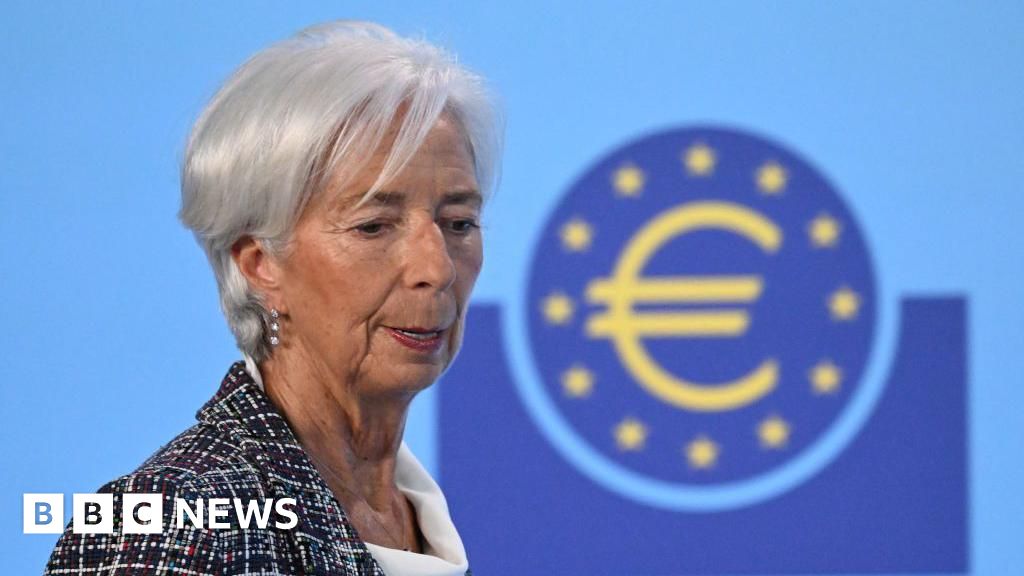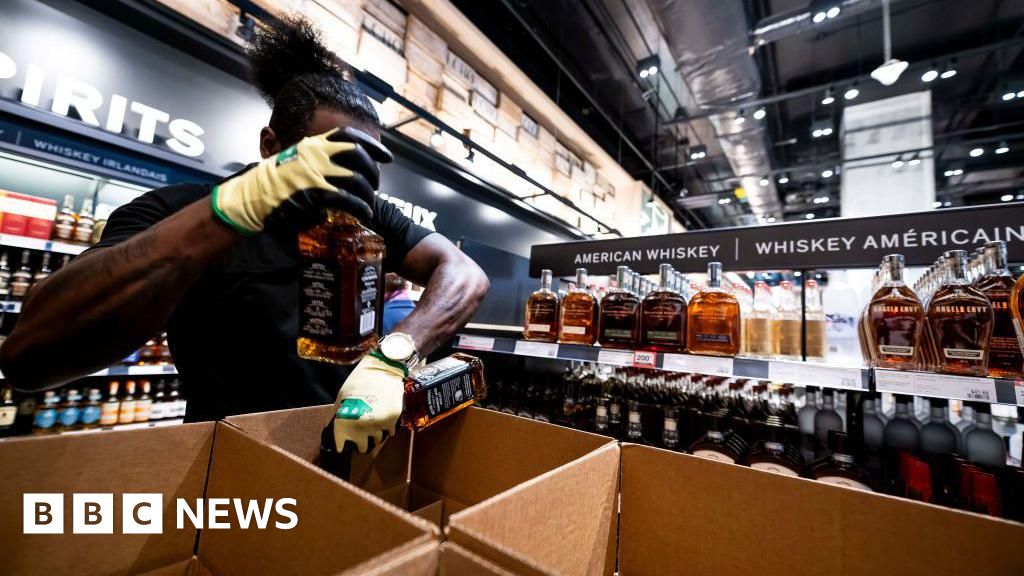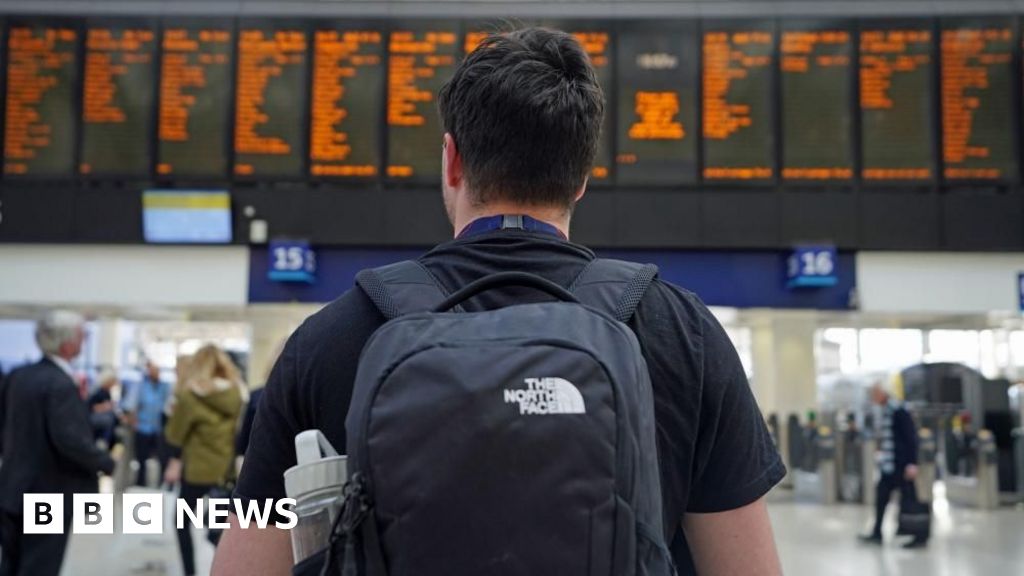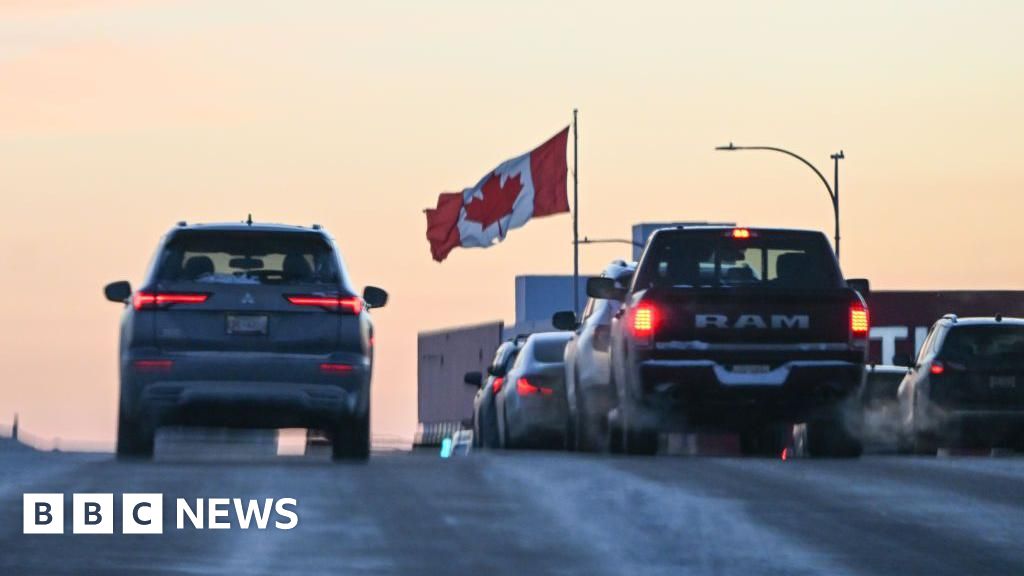
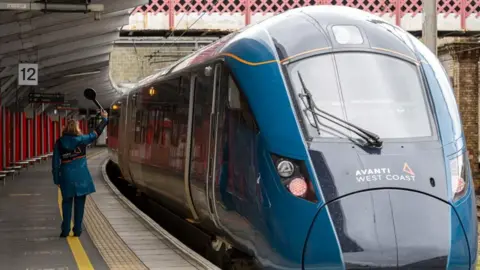 PA
PA
A report found a new railway line was vital to addressing growing strain on the existing West Coast Main Line
The mayors of Greater Manchester and the West Midlands have revealed plans for a new railway line connecting the two regions "at a fraction of the costs" of the scrapped northern leg of HS2.
A private consortium has proposed the new 50-mile (80km) Midlands-Northwest Rail Link – running from Lichfield, north of Birmingham, to High Legh, south-east of Warrington – following a review commissioned by the mayors.
The report found the new railway line was vital to addressing growing strain on the existing West Coast Main Line (WCML) and M6 motorway.
The plan relies on investment from the private sector, and would cost substantially less than HS2 phase 2, which would have seen a new high-speed railway built between the West Midlands and Manchester.
Doing nothing 'not viable option'
Work on the London to Birmingham leg of HS2 is already under way, with at least £22.5bn already being spent.
But the consortium, led by infrastructure expert Sir David Higgins, found the project would not improve capacity north of Birmingham “due to the infrastructure constraints that remain unresolved without the later stages of HS2”.
“‘Doing nothing’ on this corridor [between Manchester and Birmingham] is not a viable option, from either economic or operational perspectives,” the review said.
“The transport network simply will not function effectively, and the nation’s current investment in HS2 will be poor value for money.”

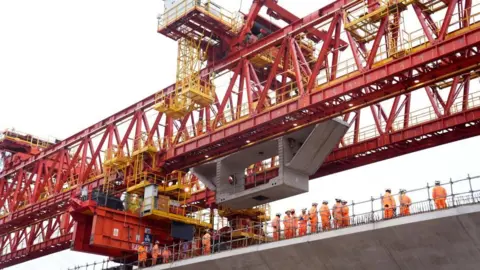 PA
PA
Work on the London to Birmingham leg of HS2 is under way
It found the WCML was “among the least reliable railways in Europe”, with much of the track network being built in the Victorian era.
“Sections of the WCML north of Lichfield will not be able to support any significant increase in freight capacity in the north, Wales and Scotland,” the report said.
Greater Manchester Mayor Andy Burnham said the failure to replace the railway would become “a huge barrier to growth in the country that the government says it wants”.
"There is no way on God's earth that the current West Coast Main Line and the M6 can be relied upon for decades," he added.
“If you put in this extra connecting piece between those two areas, you will then have a network that can support growth in London, the south east, the Midlands, and, of course, the north west."

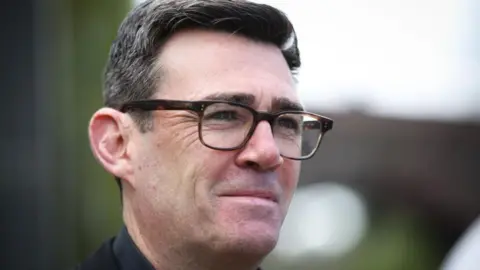 EPA
EPA
Greater Manchester Mayor Andy Burnham says the new railway is vital
Sir David called on the new government to support the proposal, which is predicted to cost between 60 and 75% less than the proposed HS2 northern leg.
The savings would be delivered through lower design speeds, ballasted track, UK rather than European standard cross-sections and building on the existing rail network.
Sir David said: “What we need now is for the new government to work together with the business community and Combined Authorities – take the practical steps to make a new rail link a reality."
More than £2bn had been spent on HS2 phase 2 before it was scrapped, with the consortium proposing to use much of this land and infrastructure.

 5 months ago
29
5 months ago
29

